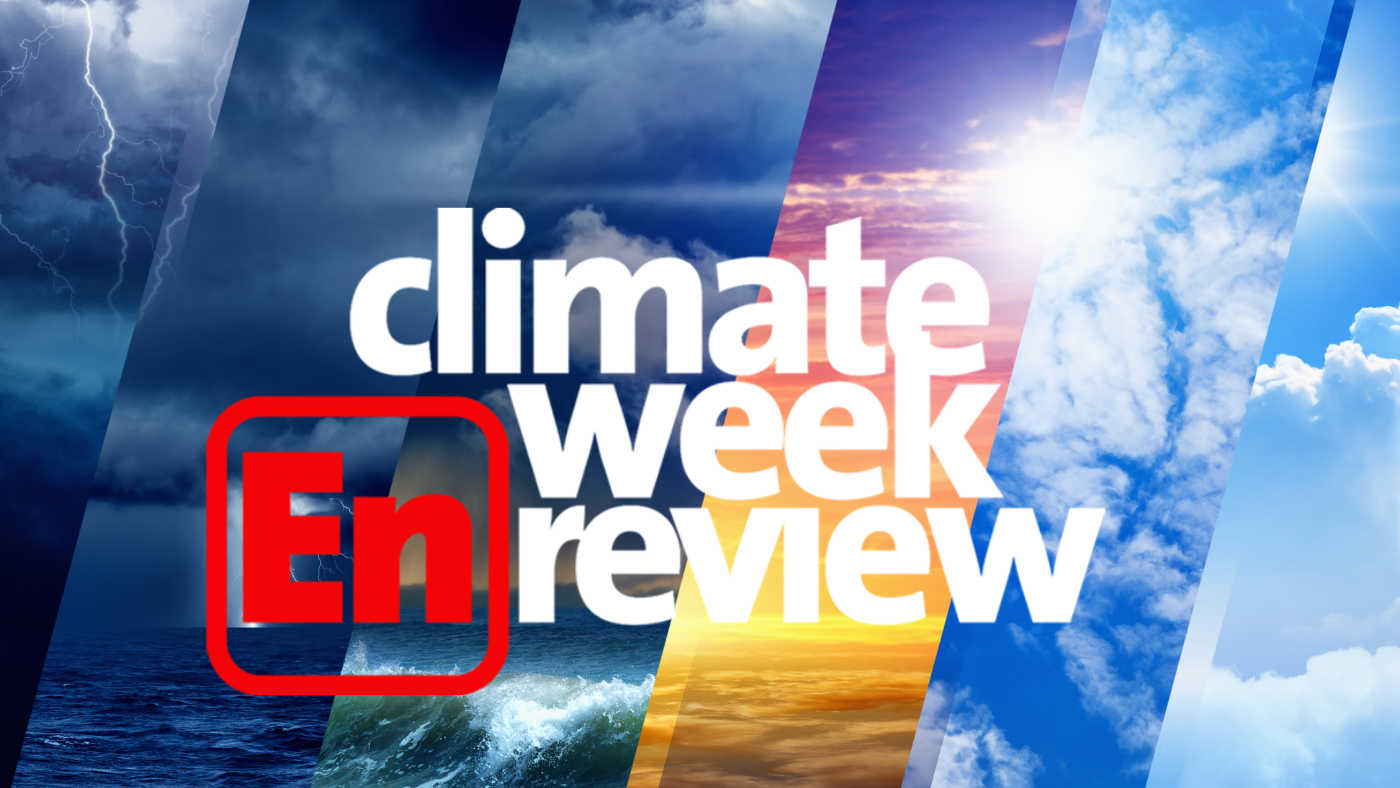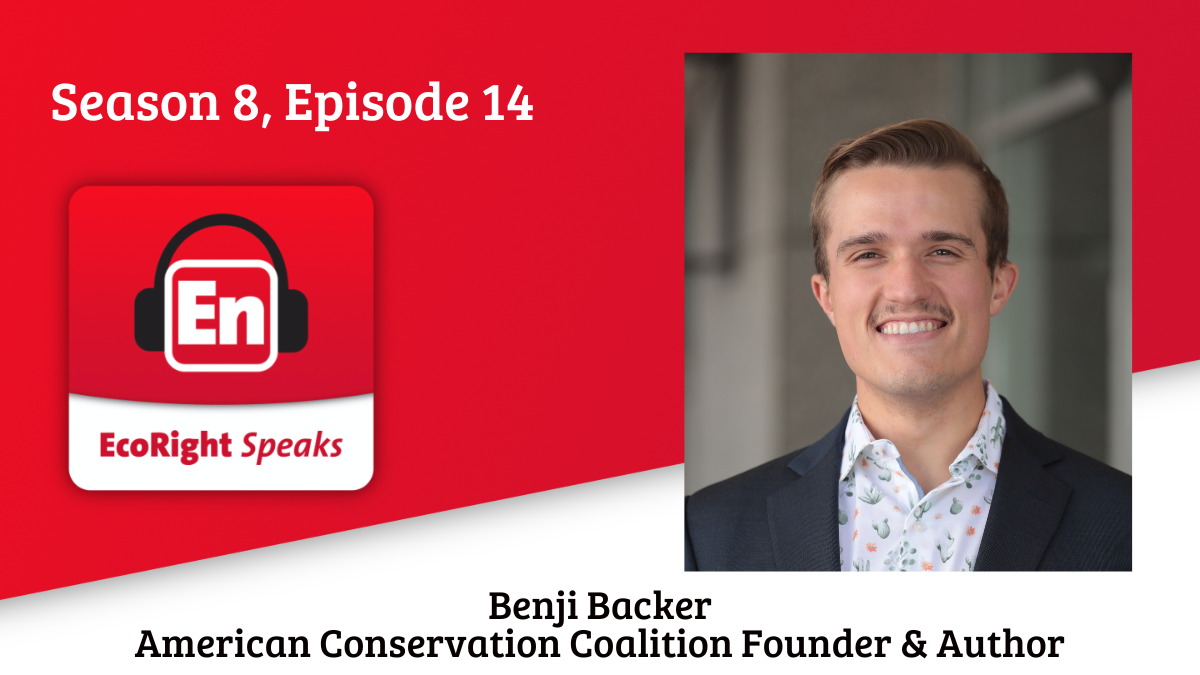
Hello from Scotland, where I have been working the last few days (from a wee AirBnB in Glasgow) but today I’m technically off from work and as you read this, am riding a gravel bike around the Isle of Arran! I’m not even sure I’ve told my teammates this, as the trip was made pretty quickly on the heels of the Jordan Bike Trail experience and maybe I’m reticent to admit that I am truly a biker chick now!
This week’s must read: Climate resilience is a matter of national security (The Invading Sea) If you recall Mary Anna Mancuso’s recent op-ed on Memorial Day about national security, climate change, and the troops, she’s taken that theme and analyzed it from a Florida lens.
“Florida isn’t just the state of sunshine, Disney and spring break beaches. It also ranks fifth in the U.S. states with the most military personnel and serves as home to three combatant commands (U.S. Southern Command, U.S. Central Command and U.S. Special Operations Command) along with more than 20 installations. These regions are home to some of America’s most critical national security missions and military facilities,” she writes. “A significant threat is putting that readiness at risk: climate change. As Florida’s climate becomes hotter and more susceptible to damaging hurricanes, rising seas, storm surge, flooding and intensifying extreme weather, all of which pose grave threats to the operational capability and asset integrity of these vital military installations. Leaving these risks unaddressed would degrade the operational capability of facilities integral to missions spanning intelligence, logistics, training and homeland defense.”

EcoRight Speaks, Season 8, Episode 14: ACC founder and executive director and recent author Benji Backer
It’s season eight and we FINALLY got Benji Backer on the show! He’s smart. He’s charming. Our conversation was not only overdue but delightful!
For his work spearheading the ACC, he has been named to the Fortune 40 Under 40, Forbes 30 Under 30, GreenBiz 30 Under 30, and Grist 50 lists. A frequent contributor to national media outlets, he’s become one of the leading environmental voices in the United States. Above all, Backer is an avid outdoorsman who spends most of his free time in the mountains out West. Earlier this year, his book, The Conservative Environmentalist: Common Sense Solutions for a Sustainable Future, was published, and we sat down for a chat about his book, the state of politics, and how to bridge the partisan climate divide.
Coming up next week, Alina Clough, a Harvard Kennedy School alum, member of ACC, ConservAmerica, and a fantastic EcoRight spokesperson and avid networker!

Hot questions for hot weather!
Note: This month’s flash poll was another takeover by four students at the University of Washington studying Global Environmental Politics. They crafted this poll and the poll report, along with all communications and graphics.
From April 23rd through May 10th, we contacted the EcoRight community, asking Hot Questions About Hot Weather. This included what health consequences one has experienced related to exposure to hotter climate conditions. The above pie chart is a culmination of the answers. Visibly, over 70% of respondents have experienced some type of health consequence from feeling the hot weather.
Who do you trust with environmental legislation?
Messengers matter (that’s why the EcoRight is so important) so I found this study on gender and political identity interesting. Lead author Azdren Coma, a Washington State University sociology doctoral candidate, found that “who proposes a bill matters more to Republican men than what it says—at least when it comes to the environment.”
From the abstract:
The study showed that partisan identity was very important for Republican men’s support but not as much for women. Republican women’s support for the bill was lower than Democratic women’s, but it didn’t vary much depending on the party affiliation of the bill’s supporters. In other words, they supported the bill about the same amount even if Democratic Senators were proposing it.
“If you break it down by gender, it’s Republican men who are the ones that are really responding to external political cues,” the lead author noted.
History is fun!
When I was researching GLACIAL, I discovered that in the early days of global warming study, the phenomenon of a warming planet was referred to as The Greenhouse Effect. (In one early Senate hearing, a Senator said he didn’t like the term because he finds greenhouses pleasant to be in.) The terminology evolved to global warming and then, climate change.
Yale Climate Communications recently researched the evolution of the terminology and you can check out their findings in the linked article.
Wish me luck and no sideways rain on my ride around the Isle of Arran. See you next week!
